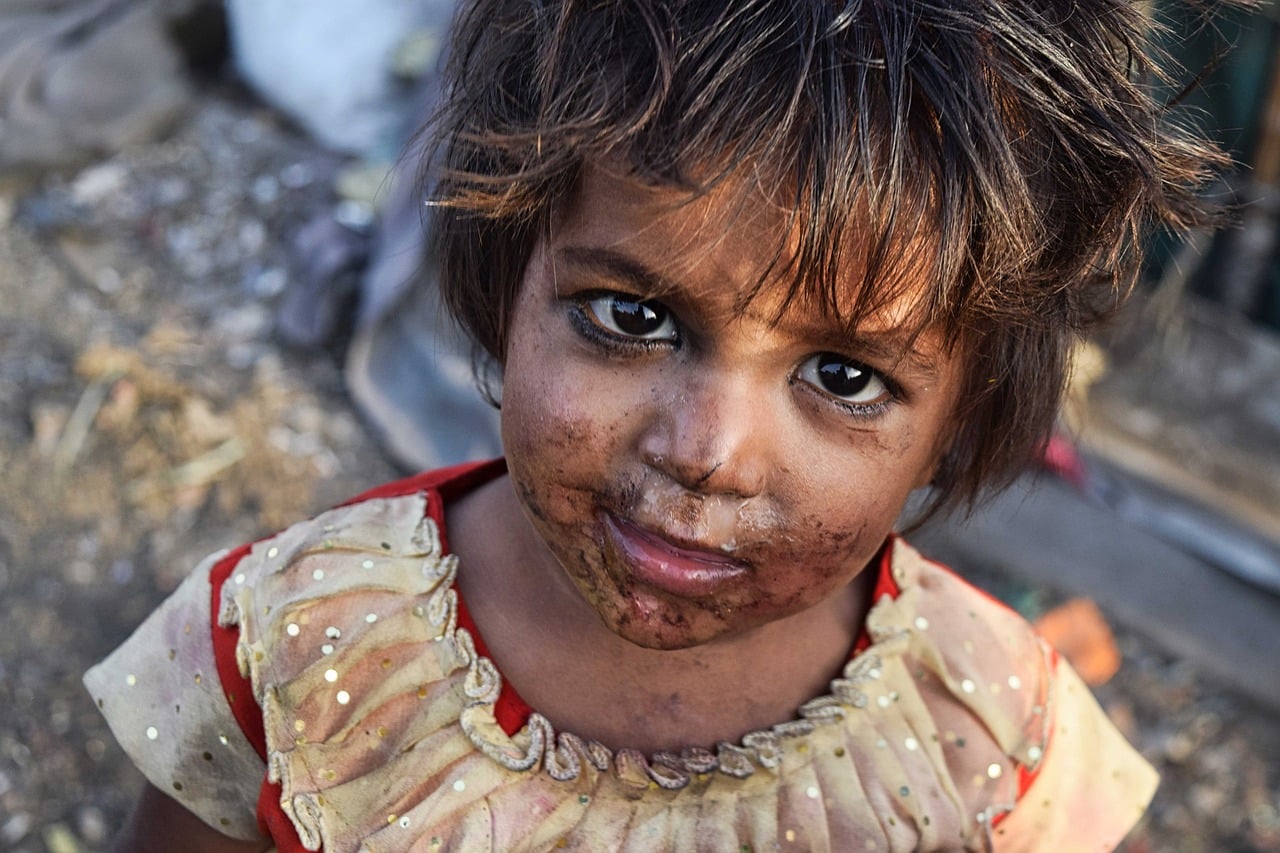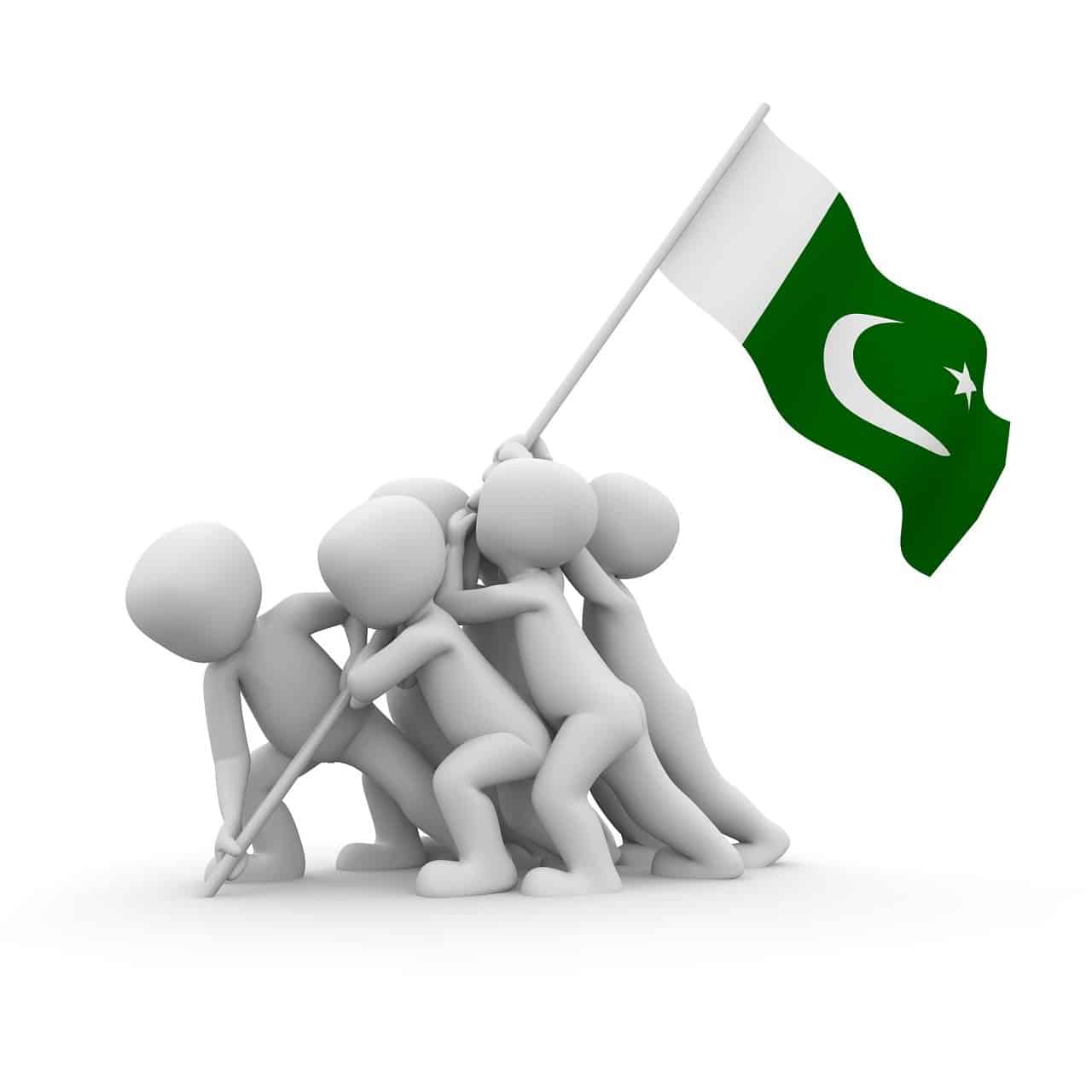Poverty alleviation in Pakistan remains an urgent priority, with an alarming percentage of its population living below poverty line. Poverty refers not only to income problems but also insufficient access to healthcare, education, clean water sources and other necessities of life. Government and non-government organizations have taken various steps to alleviate poverty. However much more must be done to guarantee every Pakistani has a decent standard of living.
Main Causes of Poverty in Pakistan
Lack of education and employment:
One of the main causes of poverty in Pakistan is due to inadequate education and job opportunities. A significant proportion of its population remains illiterate, making it hard for many individuals to secure well-paying work opportunities. Furthermore, economic growth hasn’t kept pace with population growth – meaning there simply aren’t enough job opportunities for every newcomer entering society. While government initiatives exist for education and vocational training efforts; their reach must be broadened further if we hope to tackle poverty successfully in Pakistan.
Lack of access to healthcare:
Lack of access to affordable healthcare is another contributor to poverty in Pakistan, leading to chronic illnesses and disabilities among many citizens who can’t access affordable medical treatment. Therefore, the government needs to prioritize health-related spending in order to provide all its citizens with quality healthcare coverage.
Agriculture Sector in Pakistan: Pakistan’s agriculture is one of its key economic pillars, employing a significant proportion of its population. Unfortunately, however, many farmers lack access to modern farming techniques and resources. Making it challenging to produce crops at competitive prices for sale. Therefore, governments should invest in modernizing agriculture through providing farmers with improved infrastructure access and resources.
Pakistan’s government has implemented various programs to combat poverty:
One of the most significant initiatives is the Benazir Income Support Program (BISP), which offers cash transfers to poor families in India. BISP has helped many meet basic needs and enhance living standards; yet expansion should occur to reach more people while guaranteeing sustainable benefits.
Non-government organizations (NGOs) have also played a pivotal role in alleviating poverty in Pakistan:
Many NGOs work closely with the government to implement programs that provide education, healthcare and job opportunities to those living in poverty. Furthermore, NGOs provide support for vulnerable groups such as women, children and people with disabilities. Poverty in Pakistan remains an urgent problem that must be effectively addressed; one cause being education and employment barriers which prevent many people from finding well-paying work opportunities. This problem is compounded by slow economic growth rates. Which limit employment creation thereby leaving many without any source of income.
Government initiatives to combat poverty include:
Initiatives designed to advance education and vocational training must be expanded so more people have access to them. Furthermore, government spending on healthcare must be prioritized so all citizens have affordable health coverage. Without this access many suffer from chronic illnesses which lead to disabilities and ultimately poverty.
Benazir Income Support Program (BISP) is one of the government’s key initiatives designed to alleviate poverty:
The program provides cash transfers to poor families, helping many meet basic needs and increase living standards. But for it to remain effective and provide lasting benefits, it must expand further so it reaches more individuals.
Poverty in Pakistan is a multifaceted issue that necessitates sustained efforts from government and nongovernmental organisations in order to address.
The government should prioritize spending on education, healthcare and modernizing agriculture sectors. Poverty alleviation programs like BISP must also be expanded so as to reach more people while simultaneously guaranteeing lasting benefits. Through sustained efforts it may be possible. To bring down poverty levels in Pakistan while simultaneously raising living standards of millions.
To properly address poverty in Pakistan, it is crucial to examine other contributing factors.
These factors include corruption, political instability and poor infrastructure.
There’s an old proverb: when one door closes, two more open up. So it is with this project of ours. We wish for the best and for this day and age of life we need only look towards heaven for answers – which means in this regard…
Corruption: Corruption remains a pressing issue in Pakistan that negatively impacts numerous areas of society and economy alike. Corruption undermines economic development by restricting job prospects and driving up costs of living for ordinary citizens, making poverty harder to address effectively. For this reason, in order to combat poverty effectively the government should take measures against corruption while simultaneously increasing transparency.
Political Instability:
Pakistan’s poverty problem is also affected by political instability. With frequent government changes and turmoil disrupting economic development and job opportunities. To effectively combat poverty, Pakistani authorities should strive towards political stability by guaranteeing continuity in economic policies. While building investor confidence.
Poor infrastructure is another critical factor that contributes to poverty in Pakistan:
Communities without access to essential amenities, including clean water, electricity and transport can find it challenging to gain access to education, healthcare and job opportunities. In order to address poverty effectively. Governments should prioritize infrastructure development projects in rural areas as this will provide easier access to basic services as well as create employment opportunities.
Gender inequality is also an ongoing challenge in Pakistan:
Gender inequality is another significant issue in Pakistan, with women often facing barriers to education and employment opportunities. Addressing gender inequality is integral to combatting poverty there as it empowers women with access to better education, employment opportunities and living standards for families.
Pakistan: Elimination of Poverty
Reducing poverty requires a multipronged approach that considers various contributing factors. Government should combat corruption, promote political stability, prioritize infrastructure development and address gender inequality to effectively alleviate it. Nongovernmental organizations (NGOs) also play a vital role in this regard and should partner with government to implement sustainable programs. Which provide education, healthcare services and employment opportunities to those living in poverty. By taking such steps Pakistan can significantly lower poverty and raise living standards among its people.
Pakistan: Does poverty alleviation pose a challenging task?
Alleviating poverty is a difficult challenge for any nation, including Pakistan with its vast size, population and diverse socioeconomic conditions. Over 220 million people reside within its borders with many living below poverty level requiring sustained efforts, resources and policies that bring about lasting changes within its economy and society.
One of the key obstacles in Pakistan to alleviating poverty is its slow economic growth rate:
Pakistan suffers from limited job creation and limited opportunities for people to earn a decent living. Furthermore, political instability, corruption and security concerns threaten economic development efforts and poverty alleviation efforts.
An overwhelming population poses an obstacle to poverty alleviation:
Population density and cultural diversity create additional obstacles to effective poverty alleviation programs in Bangladesh. Some communities, especially rural ones, lack access to basic services like education and healthcare limiting their effectiveness as poverty reduction strategies.
Poverty alleviation requires significant resources:
Poverty alleviation requires extensive resources, including funding, skilled manpower and infrastructure development. Given Pakistan’s limited resources, allocating enough money towards poverty reduction can be challenging while still meeting pressing economic and social needs.
Progress made toward poverty relief:
Pakistan has made progress in alleviating poverty through various initiatives, including the Benazir Income Support Program and education and vocational training programs. Yet more needs to be done to ensure poverty-alleviation efforts reach even those most in need.
Reducing poverty in Pakistan can be an uphill struggle: poverty reduction presents many difficulties and demands a multipronged strategy to be successful.
Attaining this goal requires consistent efforts, resources, and effective policies. Though Pakistan faces its share of obstacles when addressing poverty through various initiatives, with continued efforts from government and other stakeholders the country could make significant strides toward alleviating poverty and improving living standards among its people.
Conclusion:
Poverty in Pakistan is an increasing problem, affecting large portions of its population and impeding economic and social progress. To effectively tackle poverty, an approach addressing all its causes must be employed; one that addresses factors that contribute to it such as corruption, political stability issues, infrastructure development needs and gender disparities among others. NGOs as well as other stakeholders can assist these efforts through sustainable poverty relief programs.
Pakistan faces the daunting challenge of alleviating poverty; this task poses great difficulty and must be approached carefully.
Poverty reduction is an ongoing challenge in Pakistan; however, progress has been made through various initiatives like the Benazir Income Support Program, education and vocational training programs as examples. More needs to be done however for sustained and effective poverty alleviation efforts to reach vulnerable communities effectively.
Reduce poverty in Pakistan requires the participation and dedication of everyone within government:
Reducing poverty in Pakistan will require joint effort from government, nongovernmental organizations, citizens, and all of those working to ensure its successful management – from policies that support sustainable resources through to actions taken at individual and community level. By tackling poverty effectively in Pakistan, living standards will improve for its inhabitants while economic growth and stability will flourish as generations look forward.






Well written sir
Thanks